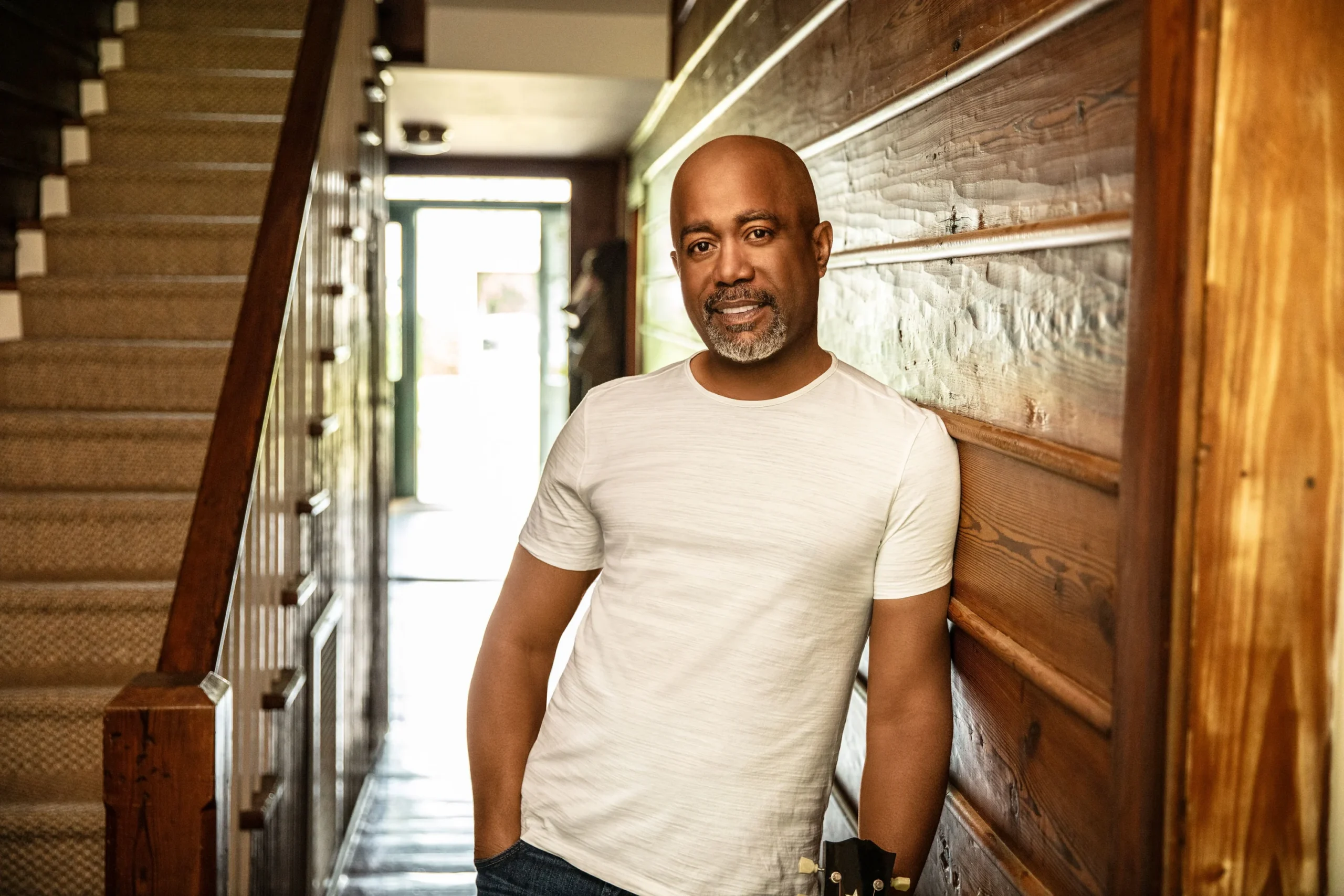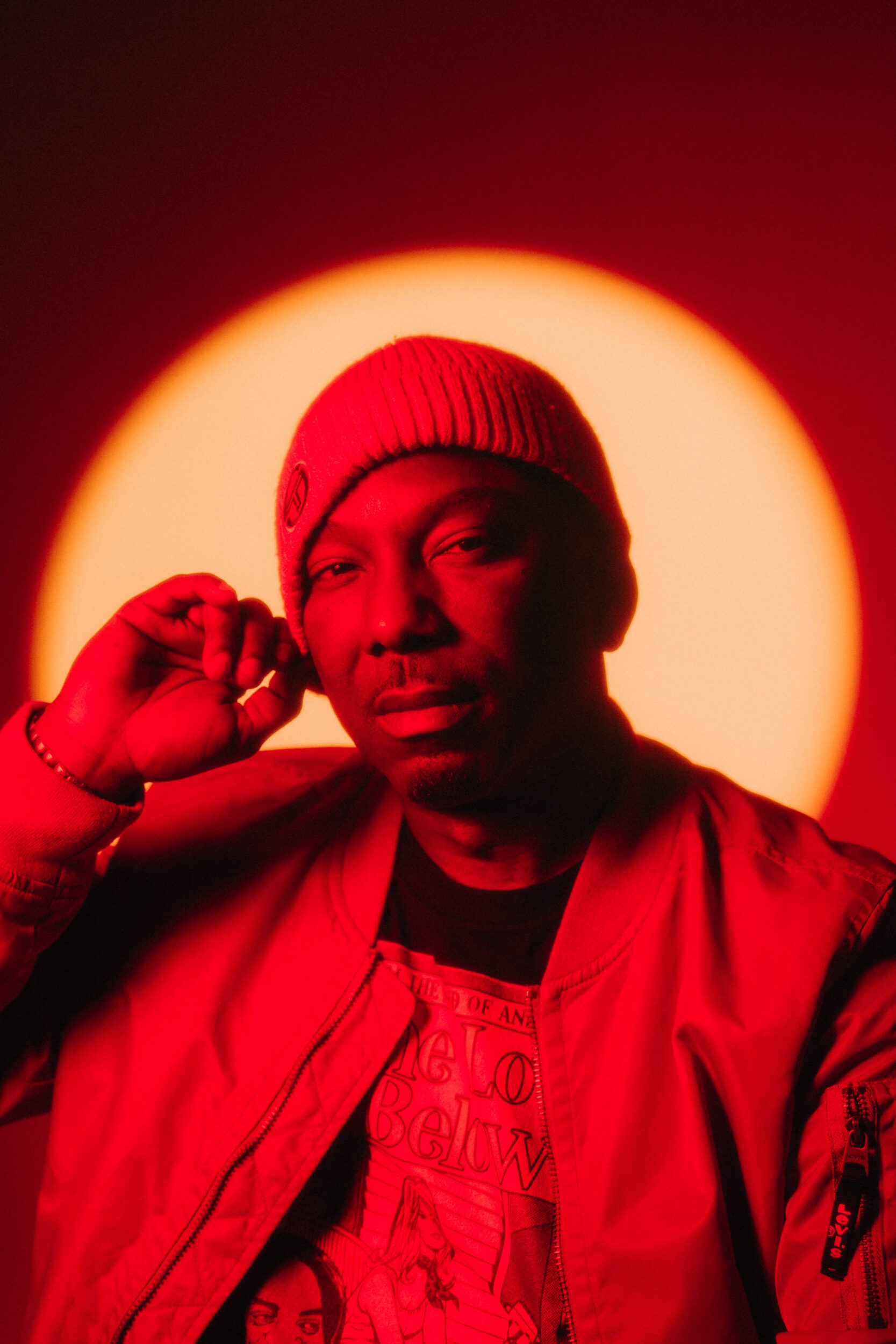The
Stoop
Stoop
Latest News
Stories
Press
Spotlights
Press
Spotlights

From the Bronx to the world, welcome to The Stoop. This is where Hip Hop’s latest stories pull up and stay awhile.
Latest
News

What Does Hip Hop Mean To You? – Darius Rucker
Interview

On The Boards: AraabMuzik
Interview

The Hip Hop Museum Q&A: Tash of Tha Alkaholiks
Interview

Go Inside The Museum: Rocky Bucano
Interview

The Hip Hop Museum Q&A: 3rd Bass
Interview

My Camera Is My Weapon
News



